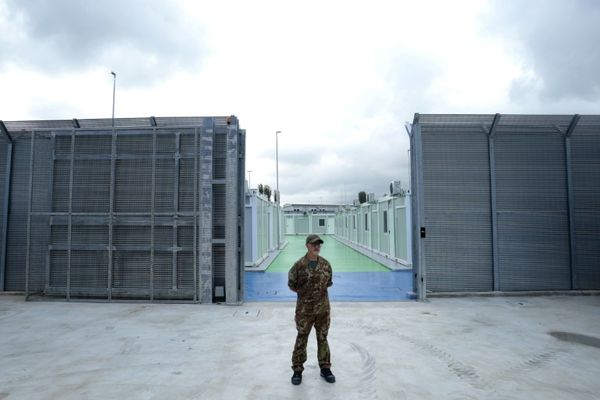
In a recent development, U.S. Ambassador Ken Salazar commended Mexico for its efforts to ensure the safety of U.S. agricultural inspectors in the state of Michoacan. This comes after the U.S. temporarily suspended avocado and mango inspections following an attack on inspectors in the conflict-ridden region.
Salazar visited Michoacan to hold discussions with state and federal officials regarding the security of inspectors in the area, which has been plagued by violence associated with organized crime.
Earlier this month, two employees of the U.S. Agriculture Department were assaulted and held by assailants in Michoacan, leading to the suspension of inspections. However, following negotiations, Michoacan authorities have agreed to a security plan to resume avocado exports, with the U.S. indicating that inspections will gradually restart.
President Andrés Manuel López Obrador has pledged to collaborate with the United States to ensure the safety of inspectors, acknowledging the challenges posed by criminal groups in the region. Avocado growers in Michoacan have reported extortion attempts by drug gangs, with threats of violence if protection money is not paid.



Furthermore, there have been instances of criminal organizations attempting to smuggle avocados from unauthorized states through U.S. inspections. This has prompted the U.S. government to take precautionary measures, including the temporary suspension of inspections.
Despite these challenges, efforts are being made to address security concerns and resume avocado exports from Michoacan. Notably, Jalisco recently became the second Mexican state authorized to export avocados to the U.S., highlighting ongoing efforts to ensure the integrity of the supply chain.
The recent pause in inspections will not impact Michoacan avocados already in transit to the U.S., underscoring the importance of maintaining trade relations while prioritizing the safety of agricultural inspectors.







